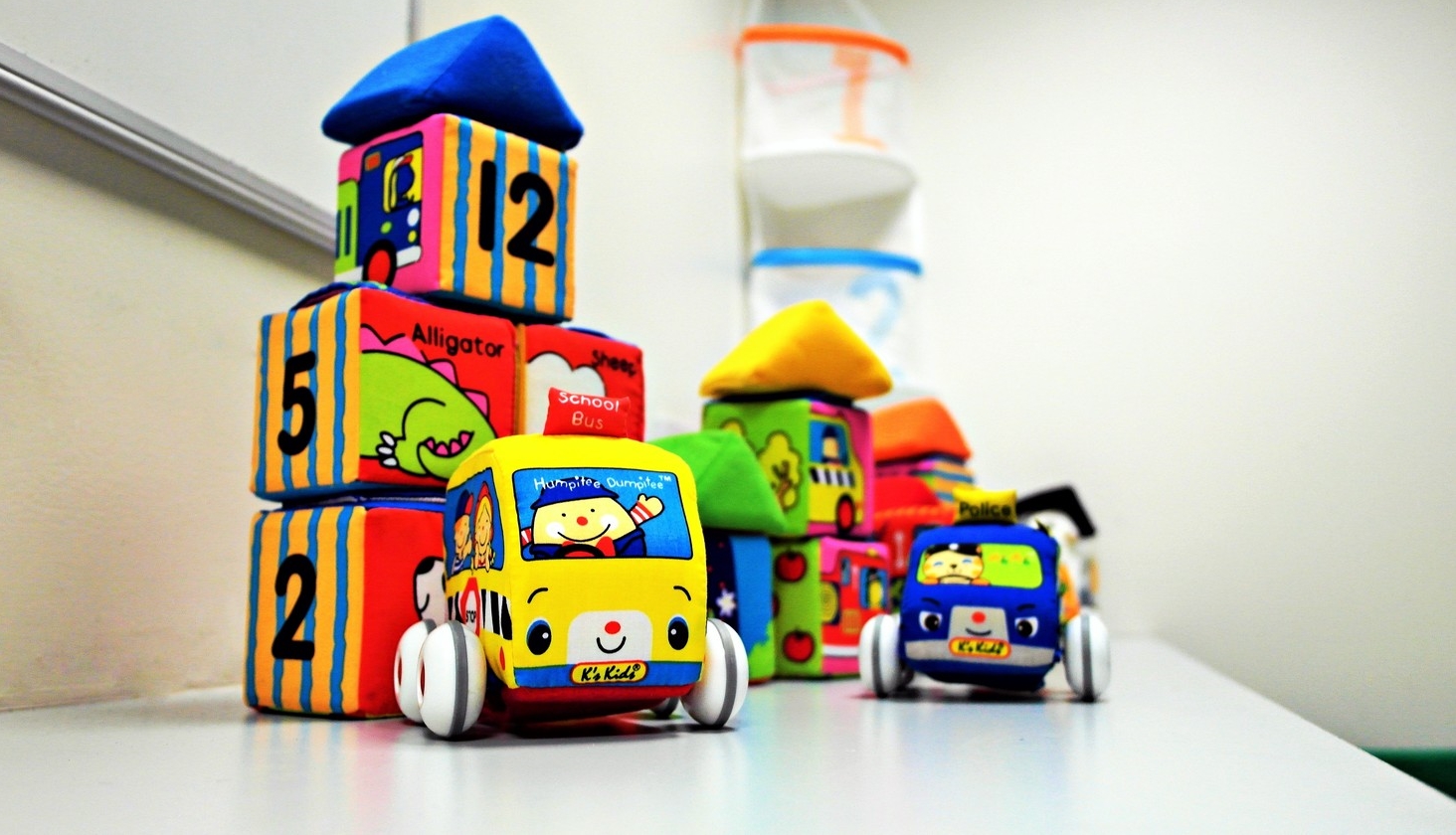Current Research
In the lab we are interested in studying the developmental environments of infants and children and how they relate to aspects of child development. We use primarily structured observation of interactions, supported by classic infant and child testing paradigms, to study the relationship between interaction and developmental outcomes, especially language acquisition and development, emotional development, parenting and family systems. You can find details about studies currently running in the lab below.
PANDA: Psychological and Neurodevelopmental Assessment of Neonatal Encephalopathy
Neonatal Encephalopathy (NE) is a neurological condition that may arise in an infant from the 36th week of pregnancy through to childbirth. Affecting approximately 3 in 1000 births per year, it is suggested that the effect of NE on a child’s development is variable. NE is still not fully understood, with many gaps in our understanding on its cause and influence on development. At the Infant and Child Research Lab, our aim is to extend and clarify our understanding of those who have experienced NE. Combining gold-standard developmental assessment, with rich data derived from the observation and analysis of parent-infant interactions, we hope to refine the developmental prognosis of those affected by the condition and to facilitate future intervention as early in life as possible. In affiliation with the HRB Neonatal Encephalopathy PhD Training Network (NEPTuNE), this project is the first to combine the multidisciplinary efforts of collaborators from leading research departments and maternity hospitals across the Republic of Ireland, including University College Cork (UCC), National University of Ireland Galway (NUIG) and Trinity College Dublin (TCD). The group aims to combine biological and medical data with the behavioural interactions established here at the Infant and Child Research Lab, with a hope to answer the many questions that both parents and researchers still have surrounding NE.
Contact: Chelo Del Rosario, PhD Candidate : delrosac@tcd.ie
DIAMOND: Dyadic InterAction in Down SyndroMe & Outcomes for NeuroDevelopment
We have teamed up with the National Children’s Hospital and TCD’s School of Medicine to study the profile of strengths and weaknesses in children with Down Syndrome (DS). We are especially interested in looking at how parents may support learning in children with DS. Scientists have found that parenting has an important part in the development of children without DS, such as for language. However, this has not been studied equally in Down Syndrome. Despite a common genetic cause, each child with Down Syndrome is unique. Although there are common traits, such as their sparkling personalities, these traits blend together differently for each child. Support for learning difficulties allows many to lead broader and semi-independent lives. Others may need higher levels of care and support. Children with DS may also face health challenges that can affect their development. Because of this diversity, it is hard to predict how a child with DS may develop in the future. This can make the role of parenting seem complicated and unfamiliar. We hope to investigate the role of the parent further to understand how parents and early intervention therapists may support the development of children with DS.
Contact: Desiree Grafton-Clarke,PhD Candidate: graftond@tcd.ie
.
PETIT: Preterm Infant Interaction and Development
A longitudinal project examining Parent-Infant Interaction in the context of preterm infant development. Preterm birth (≤ 36 weeks gestation) represents a growing public health concern, accounting for more than 11% of live births worldwide. With medical advances, more infants born earlier than ever before are surviving extensive stays in Neonatal Intensive Care Units (NICUs). As they grow, infants born preterm experience a higher risk of developmental difficulties but we are only beginning to understand the pathways that lead to these difficulties, especially when infants often appear healthy upon discharge from the NICU. The first goal is to track the development of a sample of preterm infants beyond the early months of life into the third and fourth years. The second aim is to characterise preterm infant-parent interactions as quality of interaction is an important predictor of developmental outcomes. The influence of neurobiological risk, such as that which may arise from preterm birth, may disrupt parent-infant interaction and influence the course of development. To date, there is limited research on interactional patterns in this context and we have yet to specifically characterise the nature of the input for these infants in interaction.
Contact: Merve Ataman, PhD Candidate : atamanm@tcd.ie
Contact: Sarah Coughlan, PhD Candidate: coughlsa@tcd.ie
LEAP: Links between Early parenting and Academic Performance
LEAP is a longitudinal study that follows the development of a group of children from infancy through to early childhood – a period during which children prepare for and begin school. Given that parents are children’s primary teachers during the first years of life our first aim is to explore how various aspects of parent-infant interaction might contribute to children’s language, cognitive and social skills all of which are important indicators of early academic performance. We are particularly interested in how both mothers and fathers interact with their children as it is now recognised that both parents play an equally important role in their children’s development. However, it remains unclear whether mothers and fathers engage in similar or different parenting behaviours. Some evidence suggests that compared to mothers, fathers more often encourage infants to push their limits and to move out of their comfort zones. Fathers also stimulate, arouse, and challenge their infants to a greater degree than do mothers. Crucially, this aspect of paternal parenting behaviour has been linked with children’s cognitive, language and socio-emotional development. Therefore, our second aim is to compare mother-infant and father-infant interactions during infancy and to explore how mothers and fathers might influence child development in similar, different, or complementary ways.
Contact: Mirela Conica, PhD Candidate : conicam@tcd.ie

